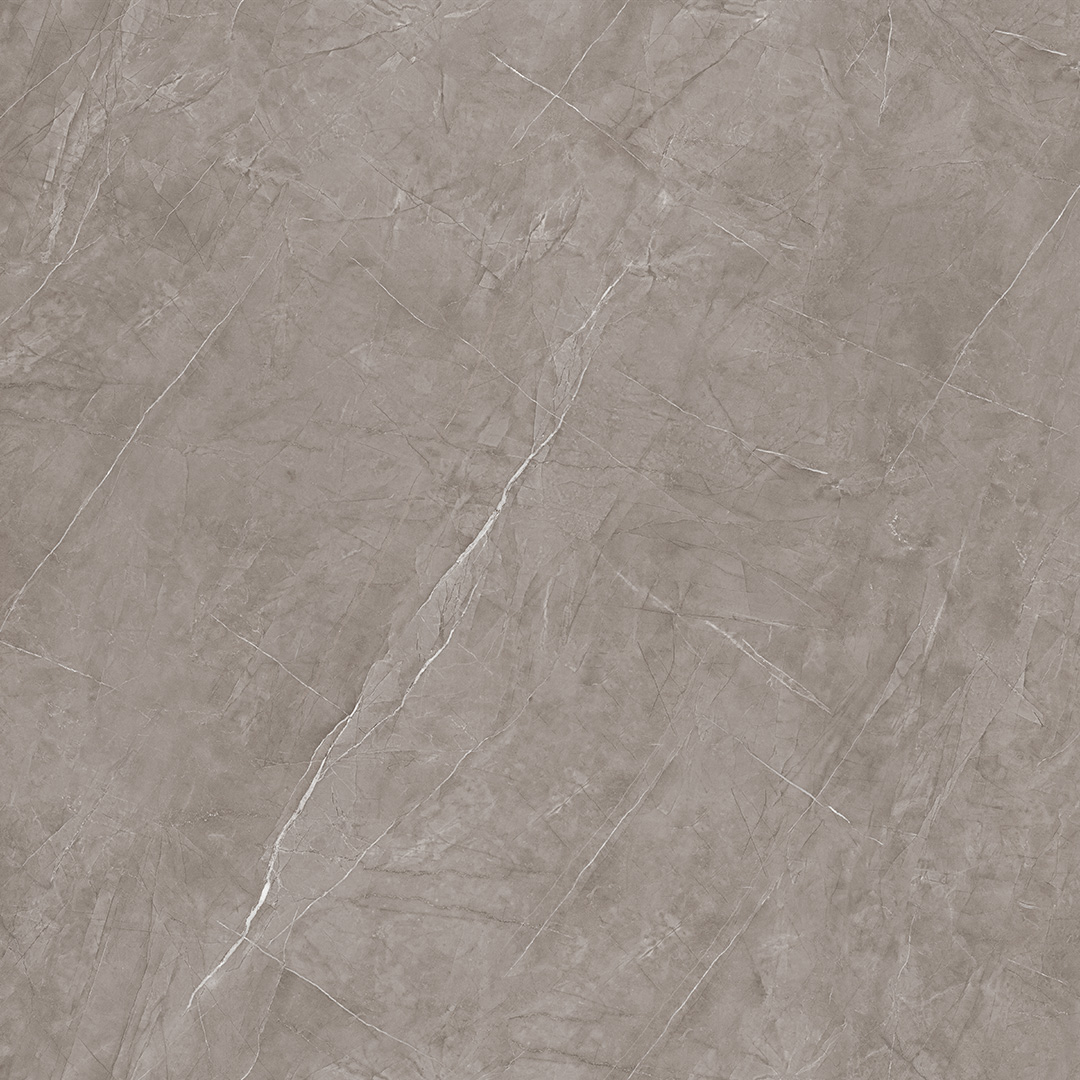- Home
- sticky paper for furniture exporters
Nov . 29, 2024 19:49 Back to list
sticky paper for furniture exporters
Sticky Paper for Furniture Exporters An Innovative Solution for Safe Transport
In the world of international trade, furniture exporters face numerous challenges, particularly when it comes to ensuring the safe and secure transport of their products. One solution that has emerged as a game-changer in this arena is the use of sticky paper. This innovative material not only protects furniture from damage during transit but also enhances the overall shipping process. In this article, we will delve into the benefits and applications of sticky paper for furniture exporters, highlighting why it has become an indispensable tool in the industry.
Understanding Sticky Paper
Sticky paper, often referred to as adhesive protection film, is a versatile material designed to safeguard surfaces from scratches, dirt, and other forms of damage. Typically made from a thin layer of plastic with a strong adhesive backing, this paper can be applied easily and removed without leaving any residue. For furniture exporters, this means providing a reliable shield for their products against physical impacts and environmental contaminants during shipping and handling.
Enhanced Protection for Furniture
One of the primary advantages of sticky paper is its ability to offer enhanced protection for various types of furniture. Whether it is wooden, metal, or upholstered items, sticky paper can conform to irregular shapes and sizes, ensuring a snug fit that minimizes movement. By covering vulnerable areas such as corners and edges, exporters can significantly reduce the risk of chips, scratches, and dents.
Moreover, sticky paper is particularly beneficial for high-gloss finishes, which are often more susceptible to damage. The protective film prevents direct contact with other surfaces, ensuring that the furniture arrives at its destination in pristine condition.
Cost-Effectiveness
sticky paper for furniture exporters

In addition to providing superior protection, sticky paper offers a cost-effective solution for furniture exporters. Traditional packing materials, such as bubble wrap and foam, can be costly and not always environmentally friendly. Sticky paper, on the other hand, is often available at a fraction of the cost while being lightweight and easy to store. This reduction in packaging expenses can lead to substantial savings over time, making it an attractive option for exporters looking to optimize their logistics.
Environmentally Friendly Option
As the global focus on sustainability increases, furniture exporters need to consider eco-friendly packaging solutions. Many sticky papers are now made from recyclable materials, making them a responsible choice for exporters committed to reducing their environmental footprint. By opting for sticky paper, companies can convey their dedication to sustainability, thus appealing to eco-conscious consumers and enhancing their brand image.
Ease of Use
Another compelling reason for furniture exporters to adopt sticky paper is its ease of use. Unlike traditional packing materials that require additional tools or extensive labor to apply, sticky paper can be quickly and efficiently applied by handlers. This not only speeds up the packing process but also allows workers to focus on other crucial aspects of shipping logistics.
Countries around the world have various regulations regarding the export of goods, particularly furniture, which may be subject to scrutiny at customs. Sticky paper is an unobtrusive solution that complies with these regulations while ensuring that furniture remains undamaged during transport.
Conclusion
In conclusion, sticky paper represents a forward-thinking solution for furniture exporters facing the complexities of international shipping. By providing superior protection, cost savings, and environmental benefits, this innovative material has established itself as a necessary tool in the furniture export process. As the industry continues to evolve, adopting such practical solutions will be essential for exporters seeking to enhance their competitiveness in the global market. Choosing sticky paper not only safeguards products but also reflects a strategic commitment to quality and sustainability, paving the way for successful international trade.
Latest news
-
Removable Contact Paper for Kitchen Cabinets - Durable, Easy to Install, Stylish Designs
NewsJun.24,2025
-
Cupboard Decoration with Paper - Stylish Designs, Custom Sizes & Bulk Supply
NewsJun.10,2025
-
Premium Contact Paper for Table Top - Durable, Easy to Apply, Stylish Surfaces
NewsJun.10,2025
-
Contact Paper to Cover Dresser Durable & Easy Application
NewsJun.10,2025
-
Top Dresser Drawer Contact Paper Suppliers Waterproof & Durable Liner
NewsJun.10,2025
-
Premium Desk Wall Paper Suppliers Export & Manufacture
NewsJun.09,2025

